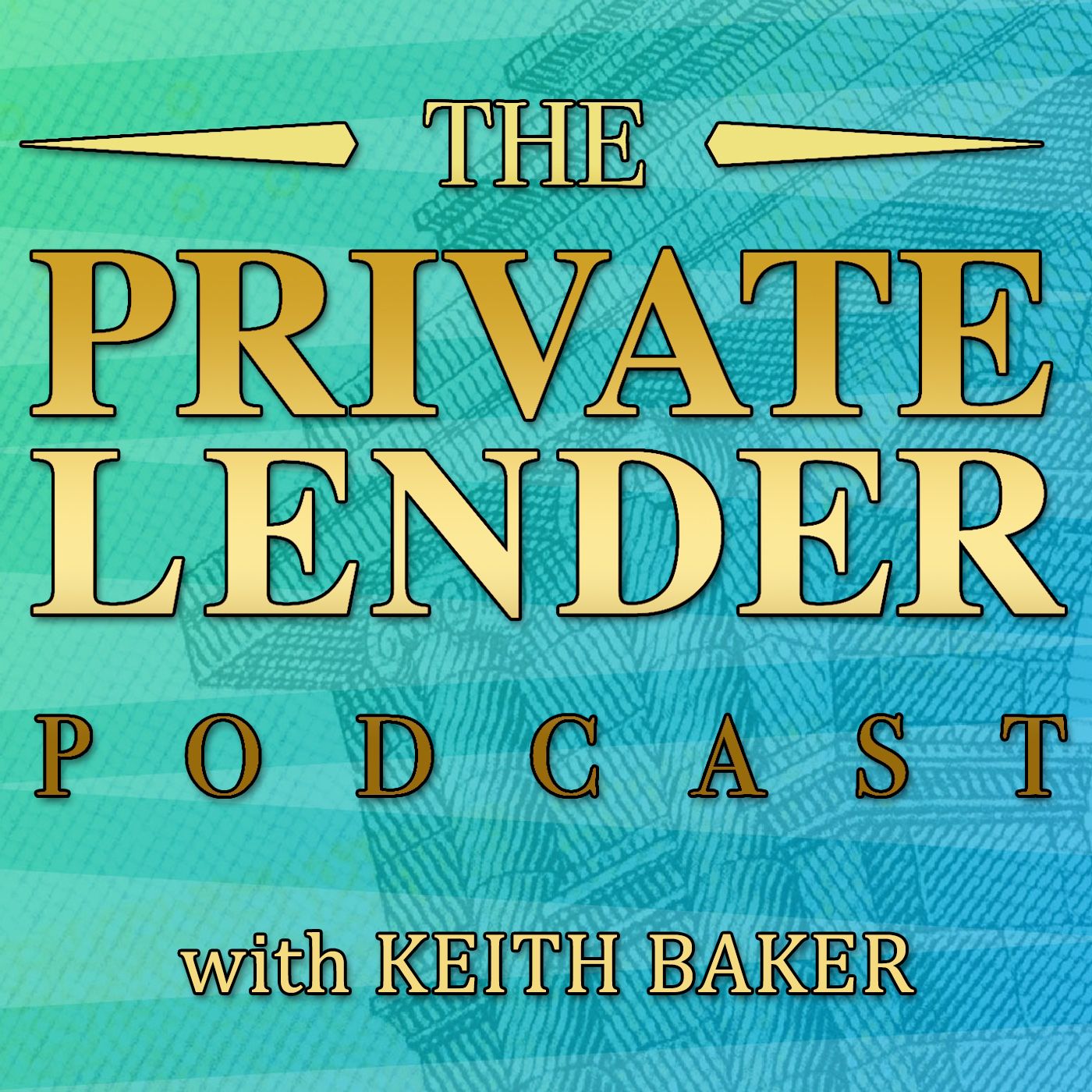PLP-065 Late Penalties And Why You Need To Enforce Them

Many people get struck by the question from private lenders about utilizing their right to charge penalties for late payments and to which extent. Two of the facts to remember are there is a late payment after the grace period legally stated in a signed contract, and the promissory note backed by the deed of trust fully allows the lender to charge a penalty. Today, we dive deeper into defining, utilizing, and threatening penalties for borrowers who are late on their payments. Off the topic, we will also reveal why you should start listening to The MFCEO Project Podcast by Andy Frisella.
---
Listen to the podcast here:
Late Penalties And Why You Need To Enforce Them
Penalties For Late Payments Plus Why I Listen To The MFCEO Project Podcast By Andy Frisella
Let's go ahead and jump right into our topic which is going to be about defining, utilizing and threatening penalties for borrowers who are late on their payments. If most of my payments from my loans are due on the first of the month, there's going to be a three to five-day grace period after which they haven't paid, the payment is considered late. There's normally a percentage of that payment, a penalty like 5% or 10% for example. We'll get into the legal aspects of it, but to explain what we're going to do now, I want to put it out there. There's a late payment after the grace period. Legally by contract, by the documents, the promissory note backed by the deed of trust allows the lender to charge the penalty. There was a question of when to use them and it struck me oddly because my immediate answer was always.
If I miss a payment, I get dinged somehow in some way, whether it is a credit card or mortgage, a car payment or any agreed installment payment. If I don't make it, I get dinged. I was like, “Why wouldn't you think about that?” “I've made this loan to a friend.” I'm like, “There you go,” it was a friend first and that's the basis of the loan. What's the number one pillar? Never lend any money to a friend or family member who is in need, but rather give them the money without the expectation of it being paid back. These are the contingencies you have to plan for and the stresses you can mitigate ahead of time by to rules and not loaning to friends. If it's a good deal, set them up with somebody that’s willing to lend or someone that it might be a symbiotic relationship. It's like doctors don't operate on their own family. I take that same approach with lending because people get funny about money. It certainly can. Oftentimes, we do.
Right there is that rule why the pillar comes into place for me. “Do I always follow it?” “No.” We all got that one family member, that one friend we break the rules for. It’s not a judgment. It’s a reality. If you go into your lending armed with this attitude, then it's easier not to feel guilty because you've set up your parameters. Those parameters are agreed to and then the other party fails to live up to it, you get to do what is allowable by contract. That includes not just a foreclosure but charging for late payments. Let's go ahead and jump into the legality issue of this. I've only done this in the state of Texas. I only am speaking from the state of Texas. Wherever you are, I will defer to an attorney who’s licensed with your state bar who does real estate transactions as their primary mode of earning money. This is why having several attorneys on your team is good.
Penalty Rates: How Much To Charge?
Oftentimes, we take what attorney say as the gospel, much like a doctor or unfortunately like a weatherman. When those things don't pan out the way we were told, we get upset and we blame them. It's one thing to keep in mind, but it's not a reason not to use attorneys. They're going to be the closest to the court cases. They're going to have the access. I'll give you a prime example.